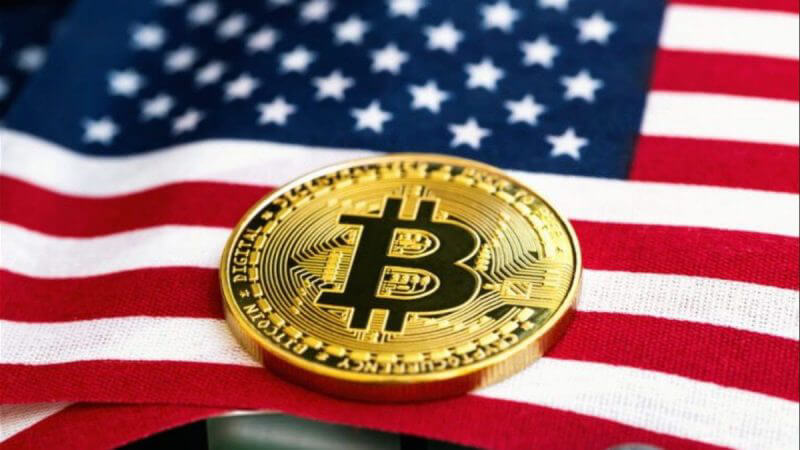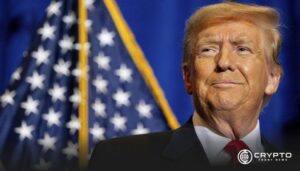- The Fed’s internal directive raises concerns over fairness in granting financial access to emerging industries like crypto and cannabis.
- Without master accounts, new banks face higher costs and inefficiencies, hindering innovation and financial inclusion.
- Economic uncertainty grows as inflation risks and trade policies challenge the Fed’s decision-making in 2025.
The Federal Reserve is under scrutiny for its alleged cautious approach toward institutions deemed “controversial.” A classified internal document examined by Senator Cynthia Lummis states that the Fed’s Internal Implementation Handbook cautions employees about these types of clients. This disclosure coincides with mounting worries that some sectors, like Bitcoin and cannabis banking, are being unjustly excluded from critical financial services.
Impact on Financial Institutions
A master account is crucial for banks seeking direct access to the Fed’s payment systems. It allows them to clear transactions without relying on intermediaries. However, newer banks, especially those involved in crypto, claim they have been denied access without clear explanations. Custodia Bank, for instance, has faced challenges in obtaining a master account. The Fed insists it does not discriminate against industries or individuals, but this internal directive suggests otherwise.
Moreover, this policy raises concerns about financial exclusion. Institutions that operate within emerging industries require fair access to banking services. Without master accounts, they face operational inefficiencies and higher costs, ultimately limiting their ability to serve customers. Consequently, critics argue that such directives undermine financial innovation and economic growth.
Economic Implications Amid Rising Uncertainty
Beyond banking restrictions, the U.S. economy faces new challenges. According to Chicago Fed President Austan Goolsbee, the economy remains strong, and inflation is approaching the Fed’s 2% target. However, significant risks threaten stability.
The supply chain is under pressure from natural disasters, geopolitical conflicts, and potential labor disruptions. Furthermore, the looming threat of tariffs adds another layer of complexity. The Biden administration recently delayed imposing 25% tariffs on imports from Mexico and Canada until March 1. This delay followed agreements to combat drug smuggling and illegal immigration.
However, these tariffs could fuel inflation if implemented. Goolsbee warned that distinguishing between inflation from overheating and inflation from tariffs will be critical. If inflation rises in 2025, the Fed may need to decide whether to intervene or let economic forces play out.





